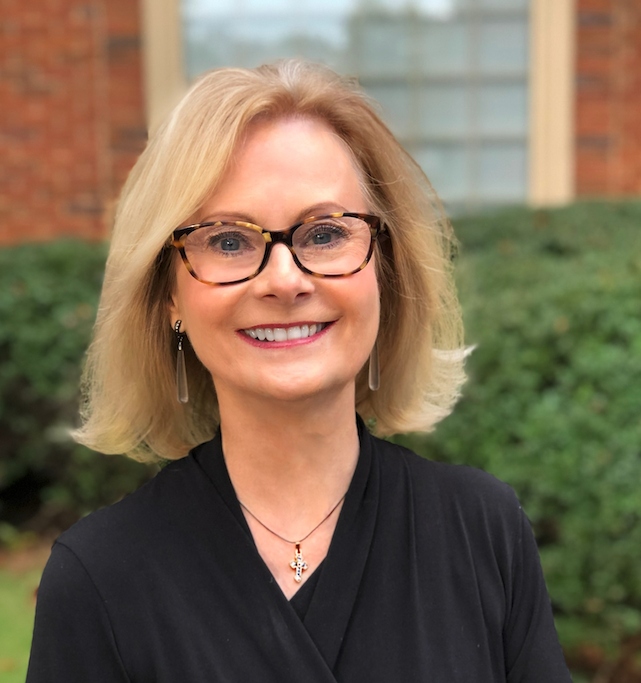
When I was in graduate school as a single parent, barely making ends meet, I lamented to my mother in loud, ugly sobs that I thought I might be going crazy. I was serious. My mother calmly responded, “Well, that’s not a luxury you can’t afford.” While all of us feel like we are going crazy right now, I think my mother was right. It’s a luxury we can’t afford, no matter how close we feel to the edge.
Another group who are sick and tired of being sick and tired are our residents, especially those with dementia. They are subjected to changes they can’t comprehend well. I’ve spent almost 40 years putting myself in their shoes and looking at the world through their eyes. This has allowed me to approach caregiving from their perspective not mine. The seat of power is with them not me.
So picture yourself sitting in a chair in an elder care community with people moving around you. Your head is buzzing and you feel like you are in a fog. You aren’t sure what’s going on and you feel concerned that you are supposed to be doing something but you don’t know what. Everyone else seems to be doing something. The sounds are confusing too because people are talking in what sounds like another language. Then a person with half a face is gesturing to YOU. They are hard to hear and seem to be angry. You don’t know what to do and the person starts reaching for you. No matter how hard you try, the person won’t stop gesturing to you with a mean sounding voice.
In that situation, what would you do? A few choice words, shrinking away or physically lashing?
No matter the level of functioning, a person with dementia is able to read a caregiver’s affect and body language. We know this because residents are automatically drawn to those caregivers with a calm demeanor and a positive attitude. Those staff members can help residents do almost anything, but masks make it almost impossible for residents to read staffs affect. In addition, people with dementia can easily sense when something is wrong and may display agitated behaviors as a result.
Because of masks we need to E-Nun-C-Ate. Pretend you are a 911 operator helping someone give first aid. Take it slow and calm. Be in love with consonants and use them often. Say the word walking. Did you drop the g? It could have sounded like you said walk in. The days of casually talking, slurring words and mumbling are over. Give those lips a workout as you form your words. Use your body to encourage residents. Keep your arms open, maintain eye contact, and be on the resident’s level. Approach them from the front because peripheral vision could be compromised.
If a resident asks what is going on, either verbally or by showing fear keep the response short. For instance, if you feel they are worried about the masks or all the personal protective equipment, a simple answer like, “We are wearing all these things to keep everyone healthy, but everything is OK,” and then comfort them with a touch or kind word. Going into detail about the virus can create additional anxiety and misinterpretation.
Or “there is a virus like the flu going around and people are being safe by keeping their distance and wearing masks, but everything is fine and we are here for you.” Following almost every interaction with reassurance and distraction gives residents comfort that if you’re OK, they’re OK.
Solicit their help. “I need your help to keep everyone healthy, so I’ll help you put this mask on.” If the resident draws back in fear or lashes out, step back and wait a moment before trying again. Putting a mask over someone’s face is invasive. It might help for the resident to hold the mask while you guide it to their face. Spray the inside of the mask with lavender or another smell that is relaxing. The reality is that loss of executive functioning and short-term memory will make mask wearing difficult for people with dementia.
More than anything else, step back and take some time to view the situation from the residents’ perspective. Chances are, you will respond in a more empathic, person-centered care way.
P.K. Beville began serving long-term care in 1983 providing psychological services. In 1997, she founded the nonprofit Second Wind Dreams®, making dreams come true for those in elder care and authoring the Virtual Dementia Tour® currently offered world-wide. Beville is an international speaker on dementia care and serves as CEO emeritus of Second Wind Dreams.



